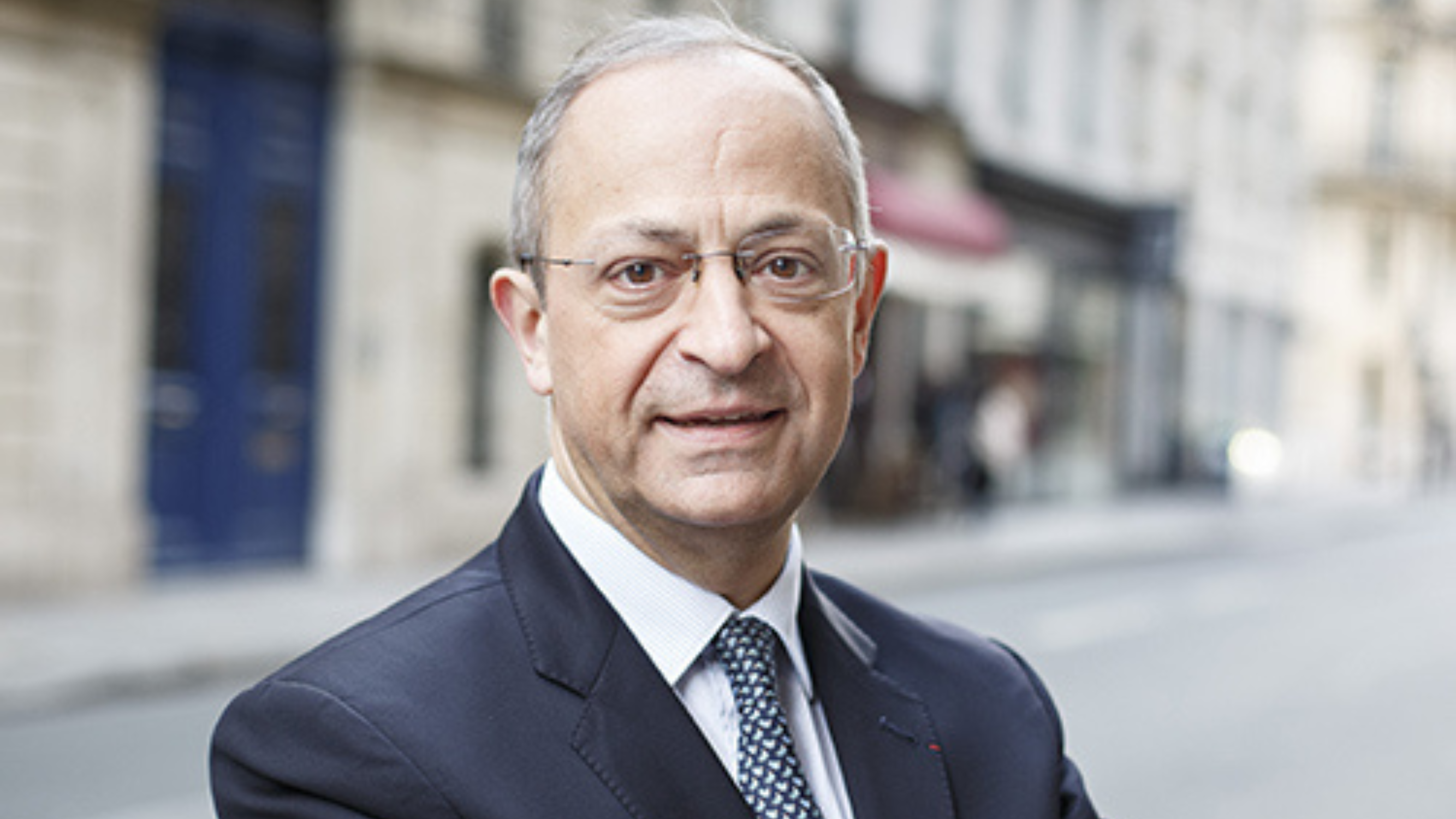As energy costs continue to rise, while public transport business models have been undermined by the Covid pandemic, how can we step up funding for the energy transition to address the climate emergency?

Frédéric Baverez, CEO Keolis France, answers our questions
What are the issues around funding the ecological transition in public transport today?
FRÉDÉRIC BAVEREZ −The energy transition will result in higher costs for public transport operators. This is because rolling stock — especially electric and hydrogen vehicles — is more expensive than conventional diesel vehicles. These alternative energies also require investments in charging and fuelling infrastructure. At the same time, beyond the extreme price volatility we’ve seen in the last six months, we also face the prospect of a structural increase in energy costs. So far, most of these additional costs have been borne by the transport authorities, because it’s difficult to pass them onto users if our value proposition doesn’t change.
Why should the State do more to fund the energy transition?
FRÉDÉRIC BAVEREZ −First, because public transport in itself is part of the solution to the necessary shift to greener energy — it directly contributes to decarbonisation. Second, because it supports people in the face of the rising cost of living, especially private motorised mobility. And third, because the role of government is to encourage innovative technology-driven sectors and technological change. Currently, however, government subsidies are too small and too sporadic, since they’re typically allocated in response to a call for projects. The government needs to live up to its stated priority to help drive the energy transition and provide consistent structural support for the shift to green public transport.
What mechanisms could we envision to fund the energy transition?
FRÉDÉRIC BAVEREZ − To be effective, public subsidies must be clearly targeted, transparent, easy to access and above all sustainable. On this basis, the best way would be to offer a significant subsidy over a two or three-year period, like the €100,000 per vehicle under the last ADEME (French environment and energy management agency) call for projects for any electric or hydrogen bus or coach purchased by a transport authority or operator. Part of the funds available under the European Union’s Green Deal could be allocated to this type of support, which would have a real multiplier effect.
Will the cost of electric vehicles come down?
FRÉDÉRIC BAVEREZ − The total cost of ownership of an electric bus over 15 years is about 30% higher than a diesel bus. But as the electric ecosystem continues to develop, that cost will gradually come down. While battery performance is constantly improving, especially in terms of range and service life, the main uncertainty right now is the price of electricity, with the crisis caused by the war in Ukraine. We face a spectacular rise in prices, which can affect the economic balance of projects. It’s also hitting public transport hard because metro and tram networks use a lot of electricity.
Is retrofit a credible solution?
FRÉDÉRIC BAVEREZ − Retrofit has come a long way in France since the government decree of March 2020, which makes it easier to convert diesel vehicles to electric. Keolis’s engineering teams have identified nearly 20 retrofit initiatives where we could convert diesel vehicles to natural gas, battery electric or hydrogen. While the technical solutions and costs aren’t fully stabilised at this time, these initiatives offer a lot of possibilities. At this stage, three things are worth noting. First, the initial age of the retrofit vehicle and the potential for extending its service life are decisive factors. Second, retrofit is economically more relevant for coaches than buses. And third, converting to electric makes more economic sense than buying a new electric vehicle.
Protecting the transport payroll tax
In France, the “versement mobilité” — a payroll tax to raise capital for investment in transport infrastructure — accounts for 45% of funding for urban transport. The amount raised in 2021 was just over €9 billion. Levied on the payroll of public and private-sector companies with 11 or more employees, it’s frequently challenged by some employer organisations. This makes it more important than ever to formally protect how it currently operates. The science committee of the French transport authorities association GART is planning a consultation on a new funding model for public transport. The committee will be looking especially at how resources can be made more dependable and sustainable. Making taxation more ecologically and socially sustainable is one avenue it will explore.
